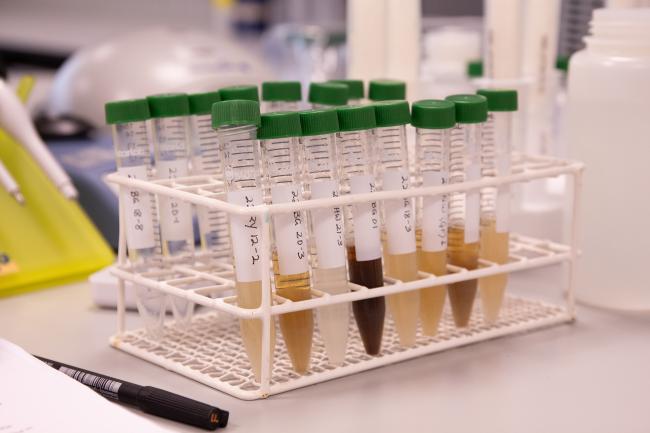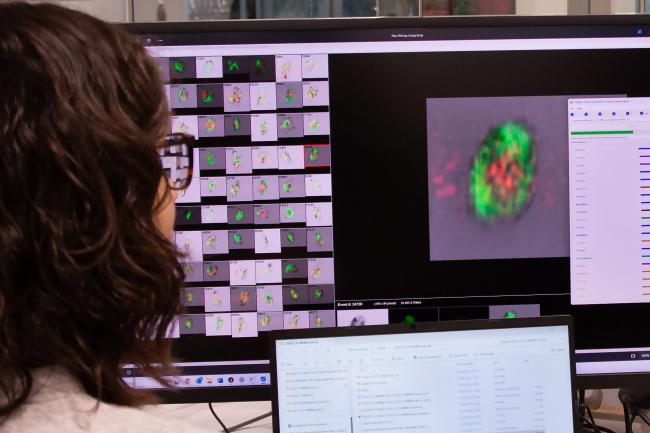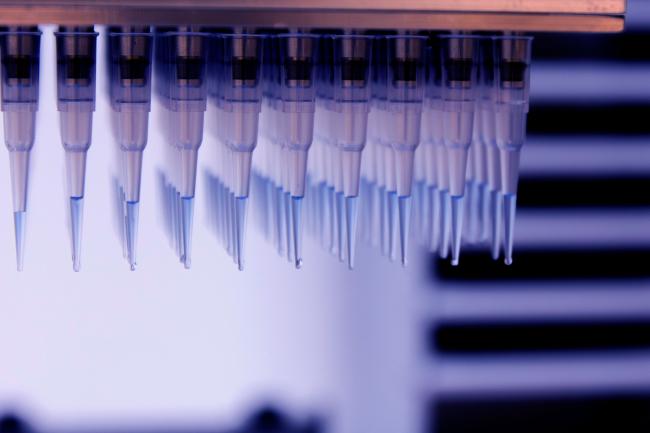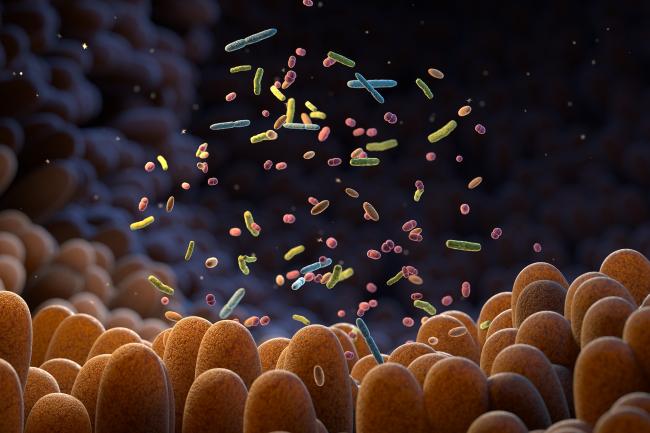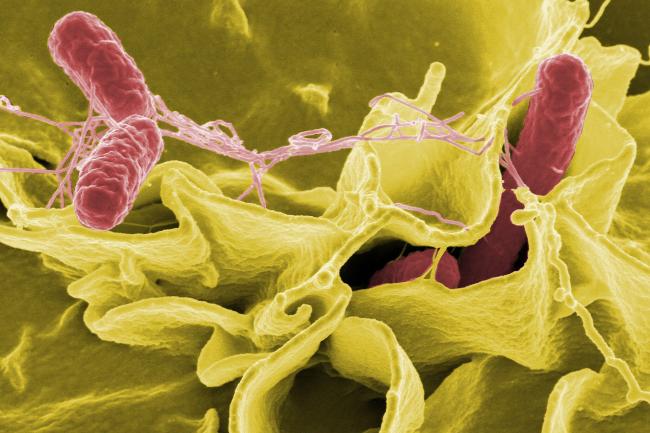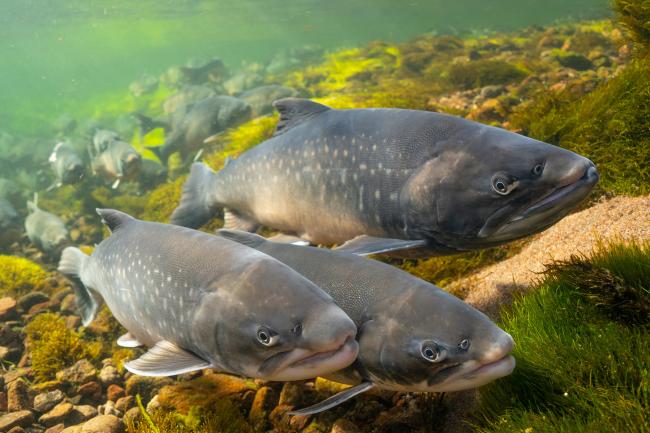
Earlham Institute former Director of Science, Federica Di Palma, will be a panellist at the upcoming ‘Doing Science with Colombia’ event where she will be providing an insight into the opportunities and challenges to be faced in preserving, restoring and managing Colombian biodiversity through her Growing Capacity rcuk project and as Director of the BRIDGE Colombia UK research Network.
Organised by the Colombian Embassy to the United Kingdom and partners, the event seeks to harness the increased interest in joint research efforts between Academic Universities, Research Institutes, Government and non-Government agencies as well as businesses in the UK and Colombia. Through discussing the research and innovation priorities within both countries, recognising opportunities for specific collaboration and gauging interest in collaborative programmes, organisers hope to position Colombia as a solid partner for UK Scientists and academics.
As a panellist in the ‘practitioners perspective’ session, Federica will be talking about her experiences and expertise in developing the BRIDGE Colombia UK research network and recent awarded funding of £6.5 million received through the RCUK’s Global Challenges Research Fund. This four year project, funded by the UK Government, will enable the Earlham Institute and its partners in Colombia and the UK, to build and integrate new academic, business, government and civil society networks under a shared vision of characterising preserving and managing Colombia's biggest heritage, its biodiversity, while also developing its agri-industry and bio-economy for the benefit of Colombia.
Federica said “I am thrilled to participate in this great networking event sharing experiences of our work in Colombia which has been truly transformative and life changing with respect to the way we carry out research. The Global Challenge Research fund is an important and game changing fund: It promotes multidisciplinary research, partnerships and multi-sectoral perspectives that are needed to truly tackle today’s challenges of developing countries and to contribute effectively to policy making and implementation. But equally, these funds provide a tremendous platform to build capacity in the UK by training a new generation of scientists and managers who will be capable of crossing disciplines and contributing actionable programmes for the translation of SDGs as well as adding new opportunities, experiences and achievements that will add to the UK’s knowledge and capabilities”.


